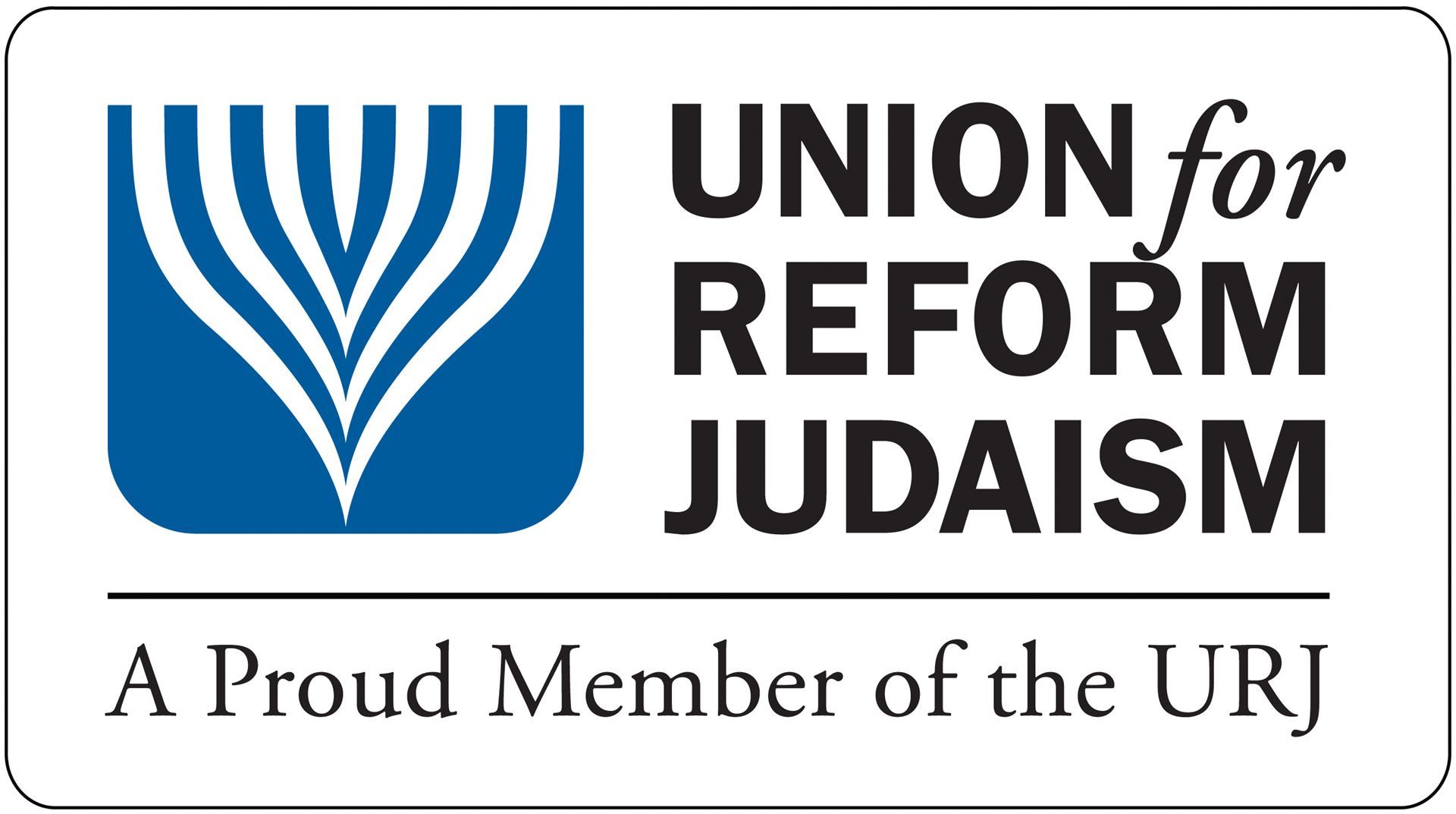Jan.11, 2024
Dear Friends,
The greatness of Martin Luther King Jr. was his quest not only for racial equality but for economic equality.
It is the latter that I will consider when I speak about the gap of "Two Americas" that is widening, not narrowing, at our Shabbat Evening Service (7:30 PM).
Once again we welcome song leader Adam Kohane.
We'll also honor Dr. King's legacy at our religious school service on Sunday.
The second semester of Shabbat Morning Torah Study (10:00 AM) has begun, as we explore Jewish views of the soul and immortality.
Note that Congregation Gesher Shalom will commence their Shabbat morning services in the sanctuary at the same time, open to all.
Robbie Slater received the high honor of an Eagle Scout commendation last week, and I was privileged to participate in the ceremony. Mazal tov to Robbie and his family!
Finally, as we keep the hostages ever-present in our thoughts:
|
On Friday, January 12 at 9 AM, please join the Hostages and Missing Families Forum for a demonstration marking 100 days since hostages were taken by Hamas on October 7th. It will take place in front of the United Nations at Dag Hammarskjold Plaza (47th Street and First Avenue). Please join us and our partners as we continue to call to #BringThemHomeNow.
|
|
|
|
|
Shabbat Shalom,
Rabbi Schwartz


